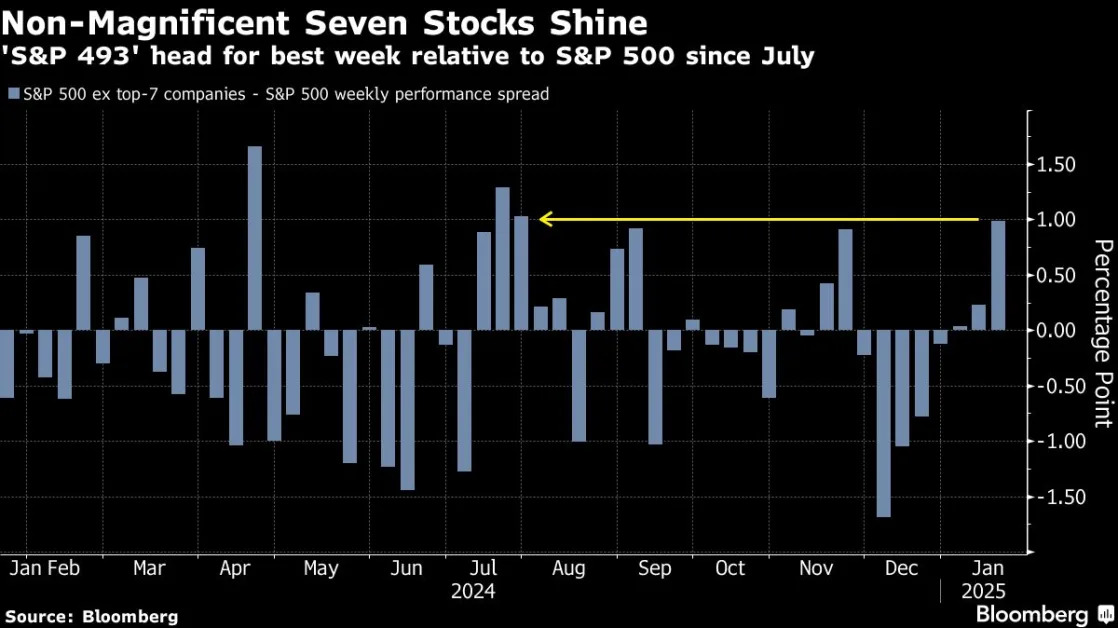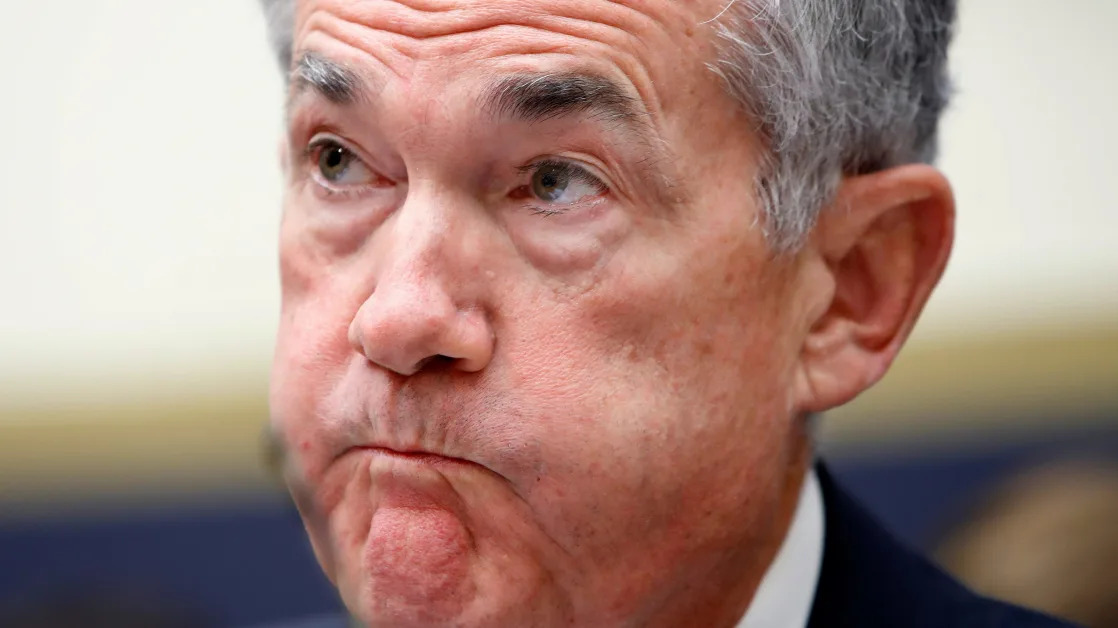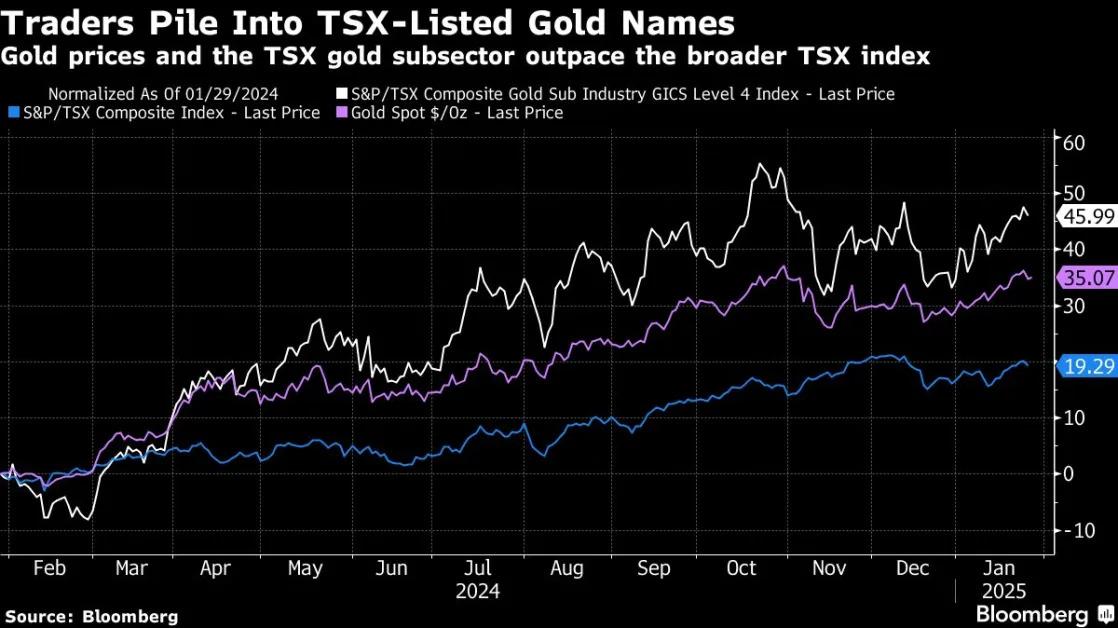(Bloomberg) -- A former hedge fund manager whose firm made billions during the global financial crisis is ready to pounce on volatility again, as he sees threats to market stability at a level not seen since 2008.
Steve Diggle’s family office Vulpes Investment Management is seeking up to $250 million from investors as early as in the first quarter, the Oxford, UK-based investor said in a telephone interview.
Diggle, whose firm made $3 billion between 2007 and 2008, is raising the money for a hedge fund and managed accounts designed to generate hefty returns in market crashes and profit from wagers on rising and falling stocks in calmer periods.
The idea to start the new fund came about after the firm developed a model to use artificial intelligence to read large volumes of public information. It helped spot Asia-Pacific companies with high probability of blowups, due to risky behavior such as high leverage, asset-liability mismatch or even outright fraud, Diggle said. The equity portfolio will also have single stocks or indexes as bullish wagers.
Diggle is making his biggest push into volatility trading, after the March 2011 closure of his predecessor firm Artradis Fund Management Pte. The then Singapore-based hedge fund firm saw assets swell to nearly $5 billion in 2008, bolstered by profits from bets on market routs and bank troubles, only to later fall victim to a turn in markets brought on by unprecedented central bank intervention.
“The number of fault lines out there today are greater, and the chances of something going wrong are significantly greater, but risk prices have come down,” Diggle said, drawing comparison with conditions under more than a decade of easy monetary policies. “So we are kind of in an analogous situation to where we were in 2005 to 2007.”
Among the potential flash points are the stretched valuations of US stocks, the country’s prime office market glut, elevated federal debt and tight credit spreads. A new “bull market generation” of traders who entered the industry after 2008 have driven a small group of US technology stocks and crypto to dizzying heights, Diggle said. Meanwhile, it’s cheaper to buy instruments to protect against routs, he added.
Elsewhere, he cited mounting geopolitical tensions and China’s shadow banking woes. Retail punters, the growing might of passive investment funds and high frequency traders will likely exacerbate routs, like they did in March 2020 and August 2024, Vulpes said in a marketing document for the new fund.
A former head of various teams at Lehman Brothers Holdings Inc., Diggle co-founded Artradis with Richard Magides in 2001. In the leadup to the financial crisis, his firm used over-the-counter options and variance swaps it bought from banks as bets on spikes in securities swings.
Artradis also amassed at one point credit default swaps with more than $8 billion of notional value on the very banks that sold it those tail risk derivatives. It was used in part as a hedge against the banks’ inability to honor their obligations if markets tanked and in part as wagers on the lenders’ poor risk management.
The Lehman Brothers CDS settled at 367-fold the price Artradis paid after the bank filed for bankruptcy in September 2008, while the same instrument on UBS Group AG generated an about 20-time return, Diggle said.
Hedge funds that purely bet on rising volatility tend to lose money during the calmer days of markets. Since Artradis’s shut down, Diggle’s family office has invested in avocado orchards in New Zealand, real estate in Germany, a biotechnology company in the UK and stocks that could benefit from European re-armament following the Russian invasion of Ukraine.
While Vulpes toyed with volatility trades occasionally over the years, it didn’t make a serious effort at it previously, partly because of the absence of trading opportunities that could help offset such losses, Diggle said. The capital structure arbitrage trades Artradis used to subsidize tail risk bet losses in its early years have become less profitable.
At 60, Diggle will not get back into to day-to-day trading, opting to advise on overall risk management of the volatility portion. Singapore-based Robert Evans, who worked at companies including Citigroup Inc., will be the fund’s main portfolio manager.
“It’s a fool’s game to try and say the market is definitely going to crash in 2025, because it’s human behavior,” Diggle said. Still, “Everyone needs to start thinking about their hedges again.”





